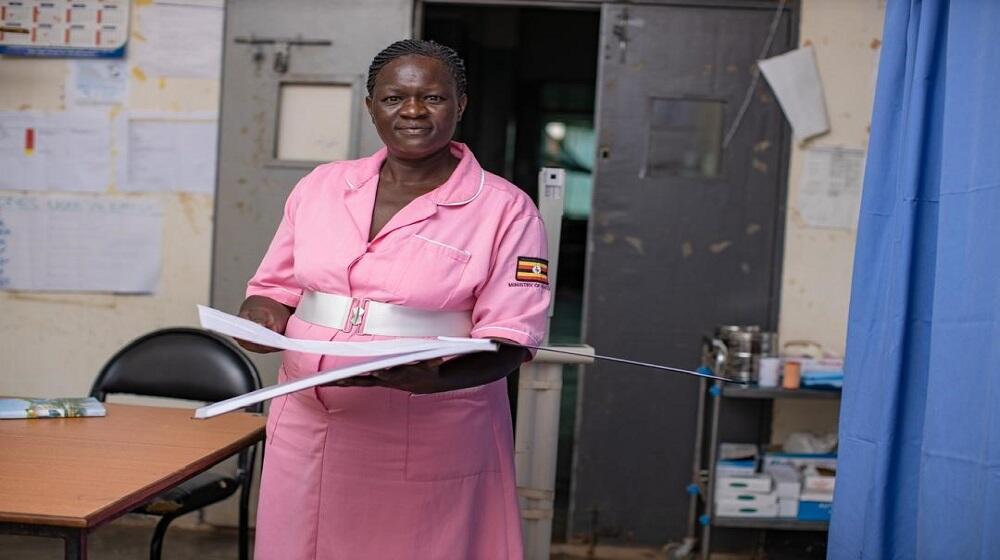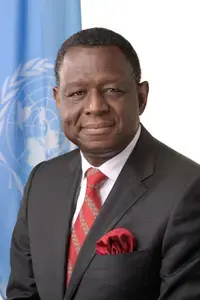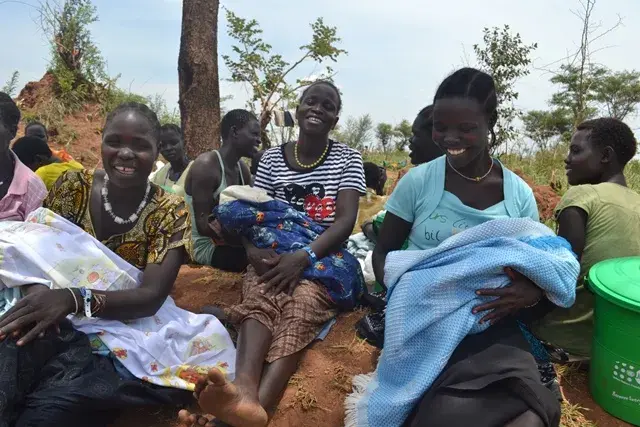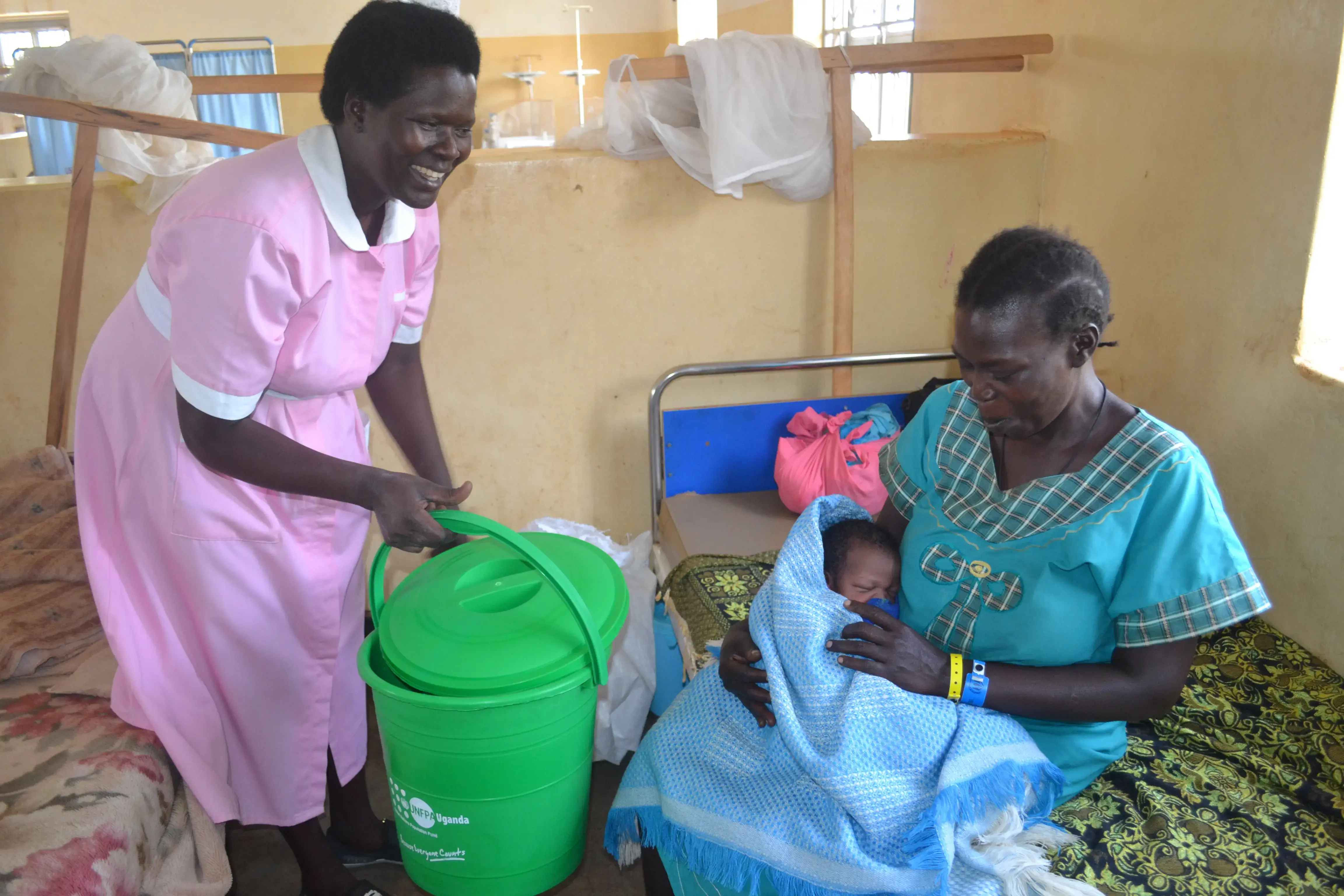Grace Lakot stands proudly with 17 years of experience serving her community delivering babies in various places in Uganda. Now she is also championing medical responses for some of the society’s most vulnerable girls and women who survive sexual and gender-based violence (SGBV) at Patiko Health Centre III. Amidst the joys of ushering new life into the world, she is also a trailblazer in providing essential care and support to survivors of SGBV.
In a candid interview, Grace shares the profound impact of her work and her resolve and commitment to empowering survivors through empathy, care and advocacy.
We ask Joy what her work is like and the highs and the lows of her day to day work.
"For me, the best moment is witnessing the miracle of birth," Grace begins, her voice filled with warmth and passion. "To hold a newborn in my hands is a sacred experience, second only to the divine act of creation itself."
The mentally invigorating picture that Grace paints of childbirth is quickly replaced with sadness as we touch on the subject of SGBV, a scourge that engulfs her community with masked perils. Amidst the joyous occasions of birth, Grace confronts the harsh realities of SGBV, particularly its devastating effects on vulnerable populations, such as adolescents. "Many of these young girls have been preyed upon by older men, leading to unwanted pregnancies and social stigma," she explains. "When they arrive at my facility, it is my duty to restore their sense of worth and provide them with the care and support they deserve."
Recognizing the unique needs of adolescent survivors, Grace implemented initiatives to create a safe and empowering environment for them to receive specialized care and counselling. "We established separate support groups to address their specific concerns and build their confidence," she elaborates. "Our goal is to empower them to reclaim their autonomy and resilience in the face of adversity."
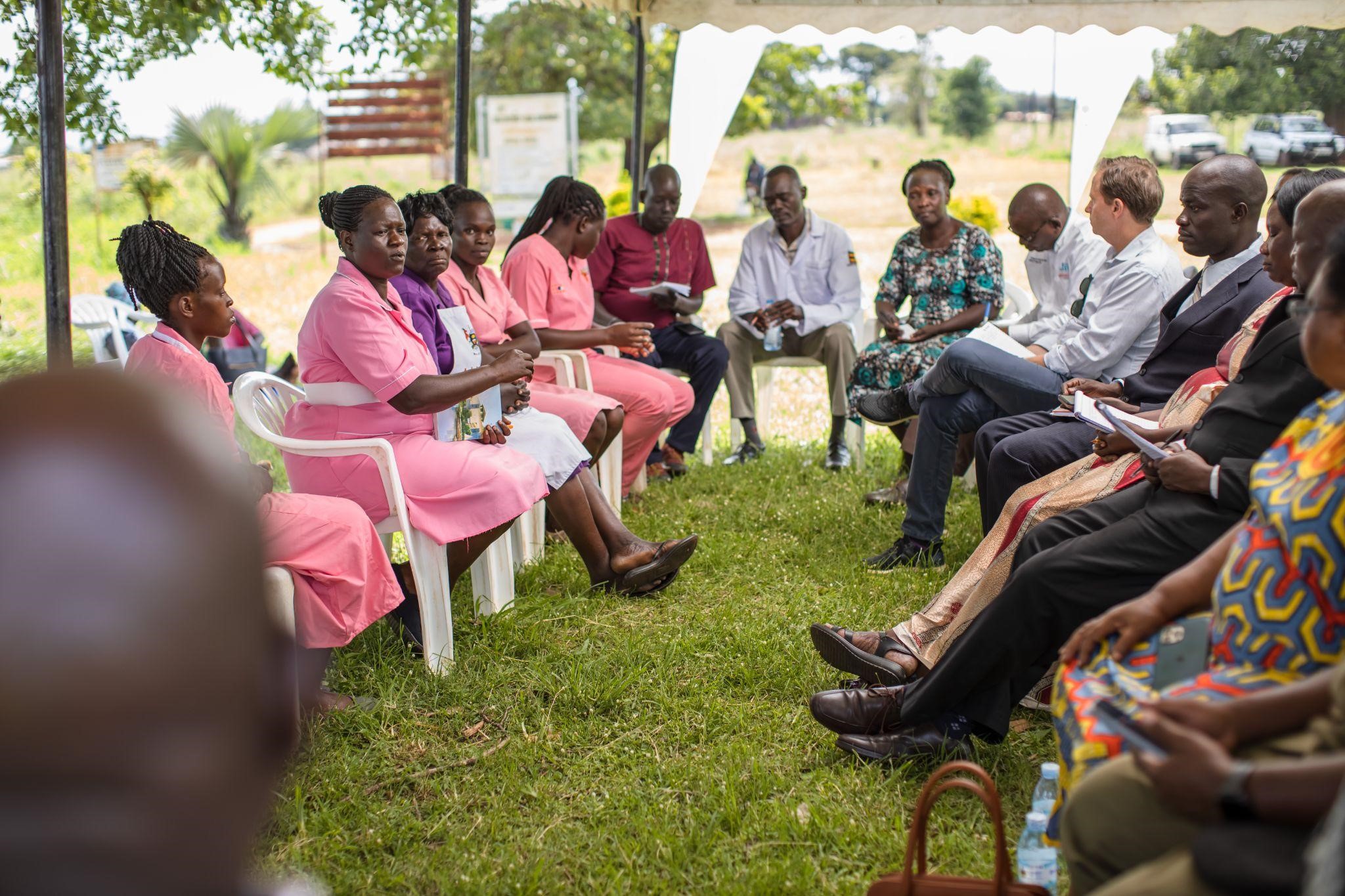
Grace's compassion extends to all survivors of SGBV, regardless of age or circumstance. "The saddest cases are those of young girls who have been brutally assaulted while simply running errands," she reflects somberly. "When they come to us for care, our first priority is to provide immediate medical treatment and emotional support."
In her role within the UN Joint Programme on GBV, Grace plays a pivotal role in the referral pathway, ensuring survivors receive comprehensive care and access to legal processes. "We provide the first response, document their cases and facilitate their transition to the appropriate legal channels," she emphasizes. "Our mission is to ensure that survivors are heard, respected and supported every step of the way."
Above all, Grace's message to survivors is one of unwavering support and solidarity. "I want survivors to know that they have done nothing wrong," she asserts firmly. "The shame and guilt belong to their aggressors and the communities that perpetuate silence and complicity."
As Grace continues her tireless efforts to combat SGBV, her compassion and dedication serve as a source of hope for survivors, guiding them toward healing, justice and empowerment. In her hands, the legacy of empathy and resilience thrives, inspiring a community united in its commitment to ending violence and promoting dignity for all.
Through funding from the government of Sweden in Uganda, over 450 survivors of GBV accessed justice through special sessions. The health care component is especially critical in obtaining evidence for use in courts of law in the fight to attain justice for all survivors. The Embassy of Sweden in Uganda is one of the main supporters of midwifery in Uganda, and the intersection between safe birth and safety for girls and women, delivered by midwives, is a sight to behold!
- Written by Prisca Uwera

